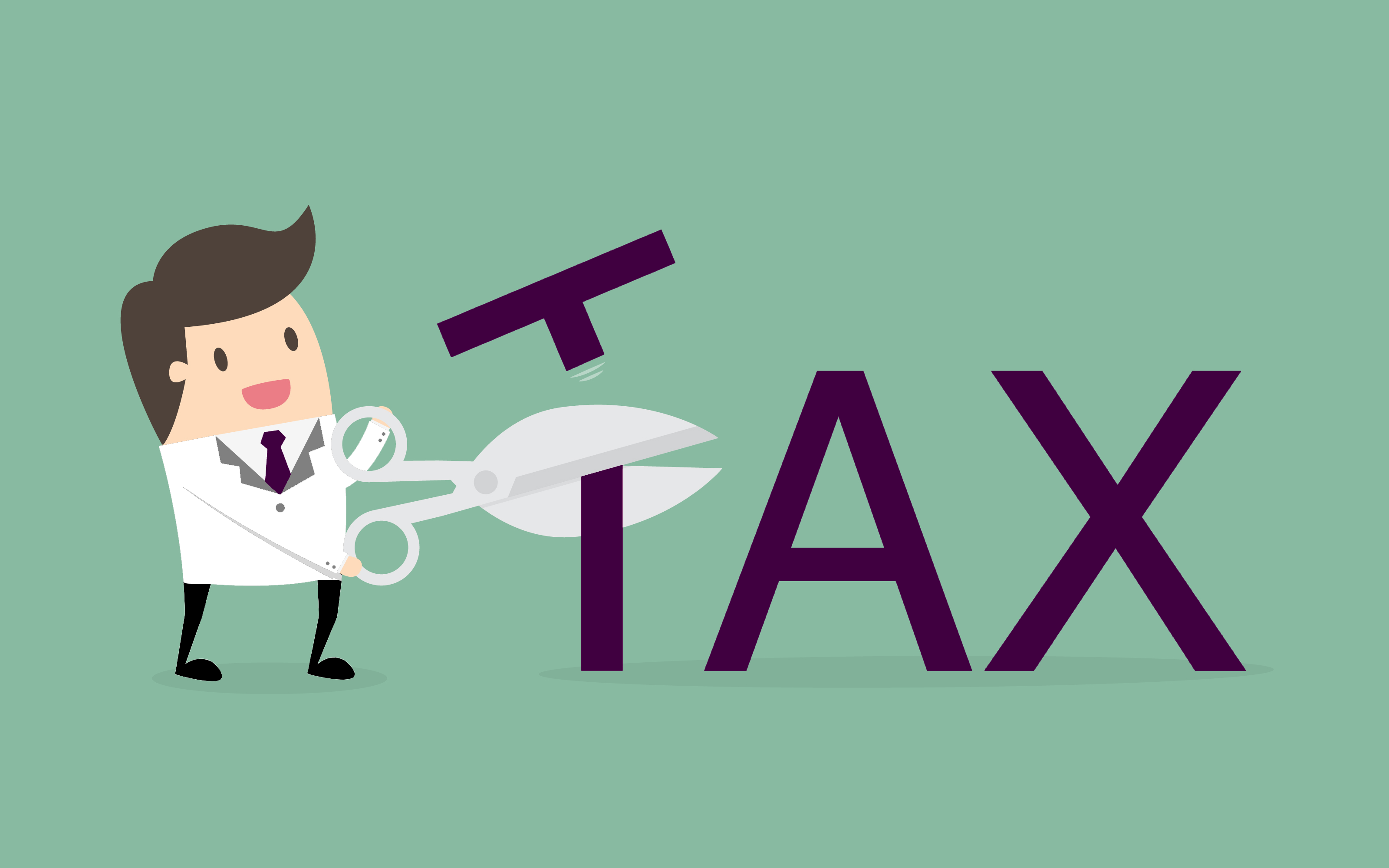
We asked an advanced tax strategist and CPA accountant, “How can dentists take home more of their income?” Lubna Channo is a bestselling co-author of “You Can Deduct THAT?” She works with many dentists (and is married to one too). Many doctors were wanting updated guidance since the recent tax changes. Channo shares expert advice for you to help in your end-of-year planning.
If you own a dental practice and aren't engaging in proactive tax planning and management, you are undoubtedly overpaying Uncle Sam by a considerable degree.
Approximately 75 percent of U.S. dentists own small practices. It has been estimated that the average American dentist pays $125 for every $100 that they are required to pay in taxes. Imagine what you could do if you could slash your tax burden by 25%?
One way to increase cash flow is, of course, to generate more business. But, what if you already run a bustling practice and offer a full range of treatment to your patients? Luckily for you, chances are that you can a keep a lot more of the money that you earn than you suspect. The trick is learning how to increase the amount of income that you make that isn't subject to tax. This can largely be accomplished by being savvy with your deductions. While this list is not exhaustive and does not include all code requirements, these are some of the the best top line ways that U.S. dentists can increase their tax-free income:

1. Take Advantage of Last-Minute Section 199A Strategies
If your taxable income is above $157,500 (or $315,000 on a joint return), your type of business, wages paid, and property can reduce and/or eliminate your Section 199A tax deduction.
- Harvest Capital Losses. Capital gains add to your taxable income. If the capital gains are hurting your Section 199A deduction, you have time before the end of the year to harvest capital losses to offset those harmful gains.
- Make Charitable Contributions. Since the Section 199A deductions uses taxable income for its thresholds, you can use itemized deductions to reduce and/or eliminate threshold problems and increase your Section 199A deduction. Consider doing one or both of the following: Donate appreciated stock or Prepay (before December 31) your planned 2019 charitable contributions so you can claim them as deductions this year.
- Make Retirement Contributions. Any retirement contributions you make directly reduce your taxable income-and you still have the money inside the retirement account, growing free of taxes until you take it out of the account.
- Buy Business Assets. Thanks to 100 percent bonus depreciation and Section 179 expensing, you can write off the entire cost of most assets you buy and place in service before midnight, December 31, 2018.
2. Make Last-Minute Vehicle Purchases– Purchases of new or used vehicles may be eligible for Sec. 179 expensing. However, please note some of the rules and limits that apply. For example, the normal Sec. 179 expensing limit generally applies to vehicles with a gross vehicle weight rating of more than 14,000 pounds. A $25,000 limit applies to vehicles (typically SUVs) rated at more than 6,000 pounds, but no more than 14,000 pounds. Vehicles rated at 6,000 pounds or less are subject to the passenger vehicle limits. For passenger vehicles placed in service in 2018, the first-year depreciation limit is $18,000 ($10,000 plus $8,000 bonus depreciation).
3. Offer Employee Benefits– Offering a variety of benefits not only can help you attract and retain the best employees, but also may save tax: Qualified deferred compensation plans. These include pension, profit-sharing, SEP and 401(k) plans, as well as SIMPLEs. You take a tax deduction for your contributions to the employees’ accounts. Certain small employers may also be eligible for a credit when setting up a plan.
4. Write off Your Continuing Education Expenses– Knowledge is priceless… and can also be a great tax deduction. There are some changes with the TCJA to note.
- For 2018 – 2025, employees may not take miscellaneous itemized deductions for unreimbursed work-related education expenses. However, if you operate your business as a corporation and you’re an employee in your corporation, the corporation can reimburse you for your work-related education expenses (including travel and lodging for seminars including your CE at Progressive Orthodontic Seminars). The education reimbursement is (a) tax-free to you, just as with any employee, and (b) a deductible business expense for your corporation.
- If your business does not operate as a corporation, you are likely considered self-employed for tax purposes. As such, you can still claim deductions for business expenses – including work-related expenses on:
- Schedule C of form 1040 if you are a sole proprietor, or
- Schedule E if you are a partner
This is favorable treatment because Schedule C and E deductions reduce your federal income tax bill and your self-employment taxes, too. The education deductions also reduce your state income tax bill if you pay state income tax.

- Prepay your 2019 expenses right now to reduce your taxes this year.
- The easiest year-end strategy of all is simply to stop billing your customers, clients, and patients.
- Make signification purchases of equipment, machinery, and furniture and write off 100 percent of the value with 100 percent bonus depreciation and increased Section 170 expensing in 2018. Make sure you place the assets in service now or before midnight, December 31, 2018, to get the deduction this year.
- Be conscious of deadlines in creating 2018 deductions. Charges to your credit cards can create deductions on the day of the charge. This is absolutely true if you are a sole proprietor or you operate as a corporation and the credit card is in the name of the corporation. But if you operate as a corporation and the credit card is in your personal name, your corporation needs to reimburse you before midnight, December 31, to create the 2018 deduction at the corporate level.
- And finally, claim all your legitimate deductions. Any time you go to pay for something yourself, ask yourself: Can I deduct it? There is usually a very good chance that you can. Even seemingly minor expenses add up significantly over the course of a year, so be meticulous about keeping records, and make sure that you are reimbursed for every penny that you spend on behalf of your practice.
Have additional questions for a tax specialist? Or have you found an easy tax-saving method that helps you? Write them in the comments below.

